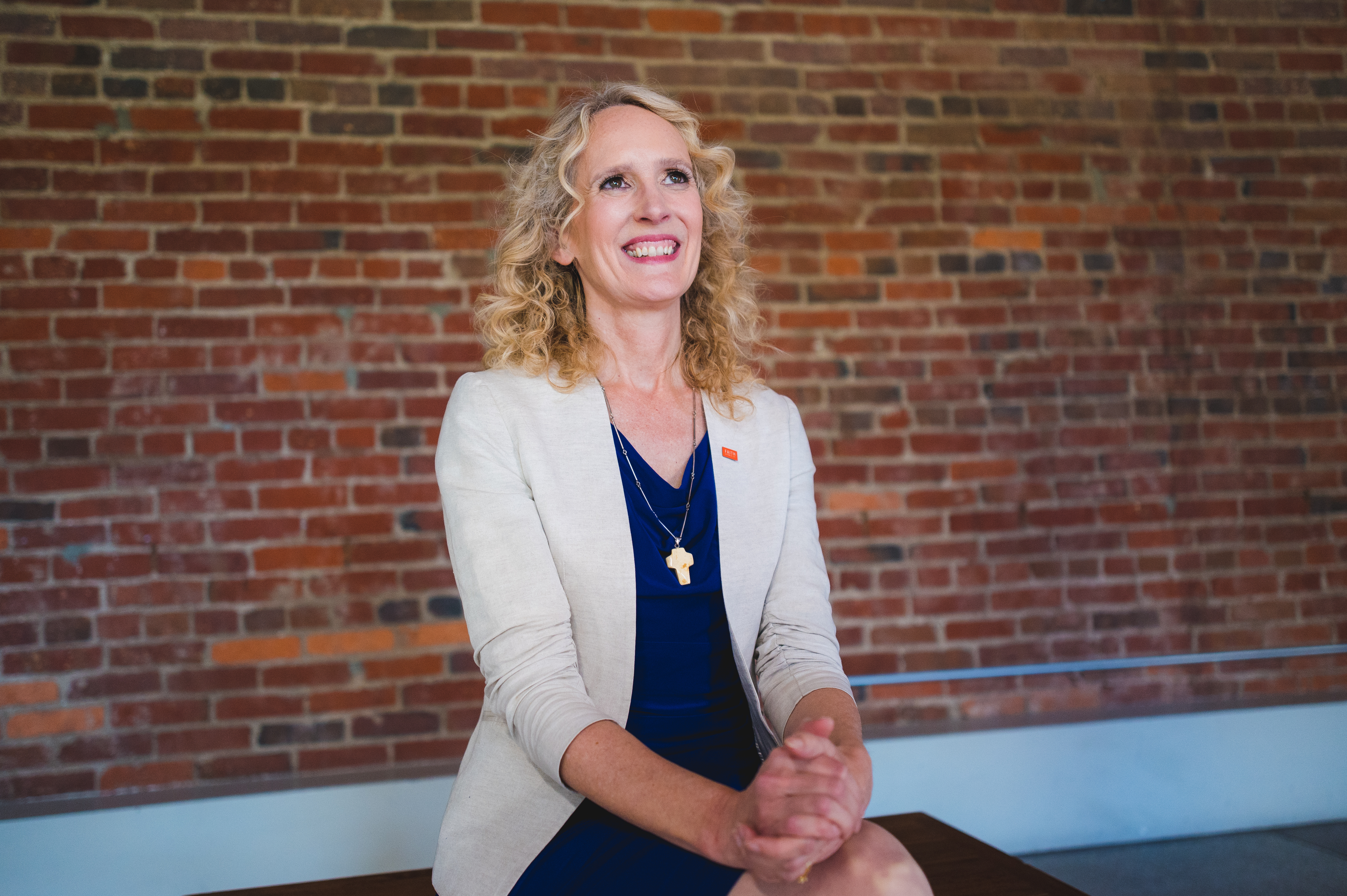Debates about church and state have never been for the faint of heart. Whether the issue is school-sponsored prayer, or conservative Christians asserting a right to discriminate against LGBTQ people, or the Trump administration’s Muslim ban, the stakes cut to the heart of our nation’s values. What happens when religious conscience and civil rights collide? Is it ever permissible for one person’s faith to proscribe another person’s rights? Are we pluralistic or theocratic?
Amid the COVID-19 pandemic, we’re on the precipice of perhaps the most consequential church-state debate in U.S. history. It’s a matter of literal life and death. The overwhelming majority of houses of worship have closed their doors to the virus. And the organization I lead, Faith in Public Life, works with thousands of faith leaders who are forcefully pushing back against politicians who undermine social distancing. Most of us are living the commandment to love our neighbors and protect vulnerable people.
But a misguided few have either defied government-issued stay-at-home orders or asserted a religious exemption to them. The results have been tragic. Members of churches that have defied stay-at-home orders have later died of COVID-19, including at least one pastor. At this point, we have no way of knowing just how many people were exposed to the coronavirus as a result of pastors’ refusal to cease in-person services. But because the disease is highly contagious, we can safely conclude that the suffering extends far beyond the people who have showed up in person. The truth is simple: Defying stay-at-home orders by holding in-person services is the opposite of pro-life.
Even as the pandemic kills more than 2,000 Americans per day, a handful of pastors in Kentucky and Texas are suing to assert their right to hold in-person services. The Liberty Counsel, a prominent Religious Right legal group that frequently aligns with the Trump administration, is involved in the Kentucky case.
Religious liberty doesn’t give any of us the right to harm others. It doesn’t give you the right to spread a highly contagious deadly virus any more than it gives you the right to shout “fire” in a crowded theatre. The First Amendment is not a license to kill.
Furthermore, pastors should pause to consider how defying public health during a pandemic damages the church’s moral witness to the world. I can think of no more self-destructive thing a church can do than claim a constitutional right to spread a deadly disease. Almost 90% of congregations in this country have closed their doors to the virus, and I’m proud of that, but we need that other 10% to do their share too.
 I’m a pastor, and so is my husband. Worshipping via Zoom on Easter Sunday was uplifting but hard. I felt the joy of the Lord’s resurrection, but we longed for the scent of the lilies, the embrace of our church family, the sight of kids in little pastel suits, and the morning light shining through stained glass windows. Those days will come again. Part of a pastor’s responsibility is to make sure our flocks live to see it, and that we love the larger community by protecting them as we would our own families. We can’t let a misguided persecution complex and a lust for political conflict get in the way.
I’m a pastor, and so is my husband. Worshipping via Zoom on Easter Sunday was uplifting but hard. I felt the joy of the Lord’s resurrection, but we longed for the scent of the lilies, the embrace of our church family, the sight of kids in little pastel suits, and the morning light shining through stained glass windows. Those days will come again. Part of a pastor’s responsibility is to make sure our flocks live to see it, and that we love the larger community by protecting them as we would our own families. We can’t let a misguided persecution complex and a lust for political conflict get in the way.












